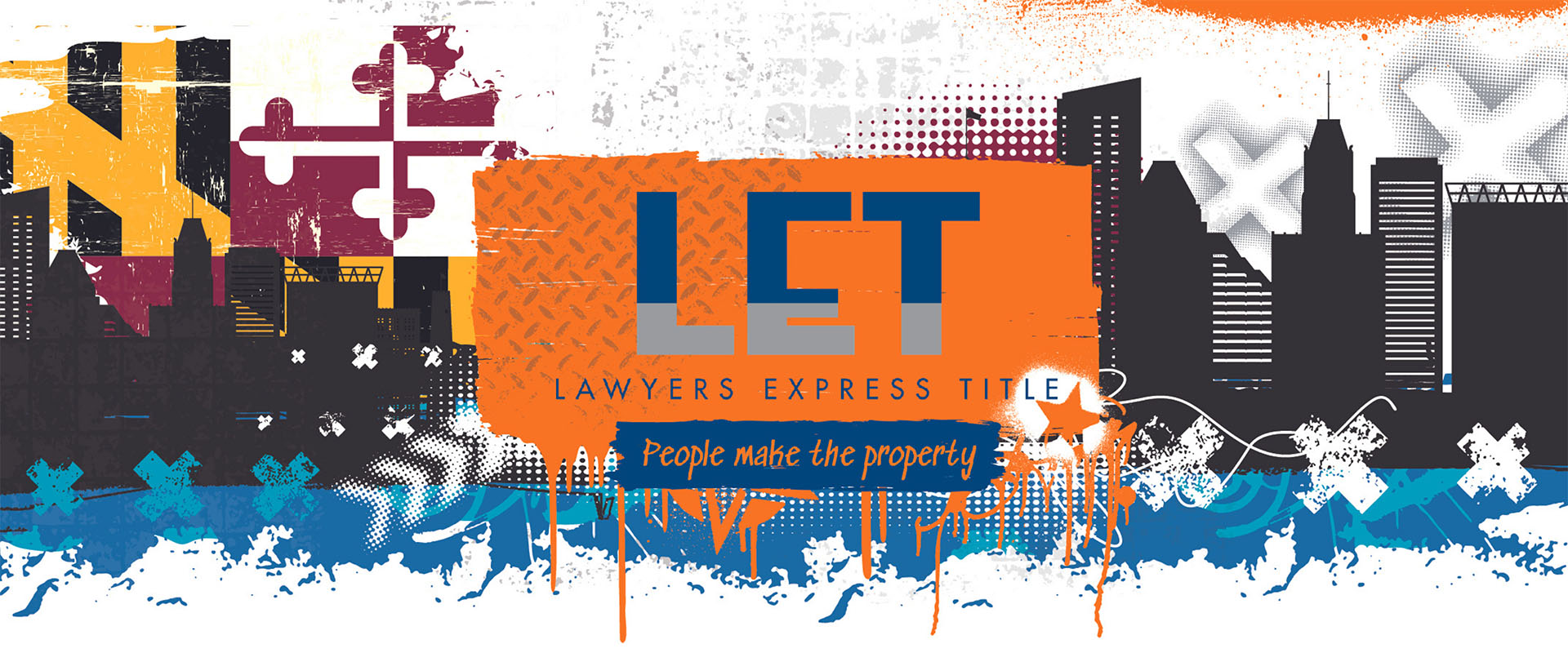
Frequently Asked Questions
We’ve compiled answers to the most common inquiries to help you quickly find the information you need. If you have any additional questions, feel free to reach out to contact us.
What is settlement?
Also known as “closing”; closing is part of the process by which ownership of a property is transferred from one party to another. Completing all of the steps necessary for the final contracts to be signed takes about a month, but in some cases, closing can take from 30 to 90 days.
What are closing costs?
Closing costs cover the services required for a property to change hands. Services required to process the property transaction include title work, appraisals, inspections, document preparation, recording fees and other expenses.
What is title insurance?
Title insurance protects real estate owners and lenders against any property loss or damage they might experience because of liens, encumbrances, or defects in the title to the property. Each title insurance policy is subject to specific terms, conditions, and exclusions.
There are two types of title insurance:
- Lenders Title Insurance is typically based on the dollar amount of the loan and protects the lender’s interests in the property should a problem with the title be discovered after closing. The lender requires that the borrower purchase this title policy on behalf of the lender. It DOES NOT protect the buyer/owner of the property.
- Owner’s Title Insurance is an optional policy and is issued based on the amount of the real estate purchase price. A policy may be purchased at closing for a one time fee and lasts as long as the owner or his/her heirs have an interest in the property. There are two types of owner’s insurance. The first type is a Stand Policy that covers issues that may arise in the chain of title prior to the policy being issued, including third-party claims, defective recording of documents, pre-policy forgery, etc. The second type is an Enhanced Policy that covers everything covered under the Standard plus some additional items including, post-policy forgery, building permit violations, unrecorded easements, and living trust coverage. The Enhanced Policy also provides an automatic increase of coverage to 150% of the original policy value (10% annual increase for the first five years of coverage).
What does a title search reveal?
A title search can reveal a number of title defects, liens, encumbrances, and restrictions. These include unsatisfied or unreleased mortgages, open judgments, ground rents, unpaid income and property taxes, bankruptcies, defective foreclosures, and restrictions limiting the use of the land.
Are there any issues that a title search could miss?
Yes, there are several issues that could arise that even the most thorough title search could miss. Among these are fraud, forgery, defective deeds, mental incompetence, missing heirs, and clerical errors. These defects may not reveal themselves until after you settle on your home and could jeopardize your ownership of the property.
I am purchasing a property with someone else, are there various ways to hold title?
Yes, you can hold title as joint tenants, tenants in common, or as tenants by the entirety.
What do I need to bring with me to settlement?
You will need to bring a valid government issued photo identification. Any and all monies that are collected during the settlement must be in the form of certified funds which can consist of a cashier’s check, teller’s check, money order, or certified personal check or wired funds to our office.
Who selects the title company?
In Maryland, the buyer for purchase transactions, and the borrower for refinance transactions, has the legal right to select the title company. A lender may require that you use a title company that they approve, but in most cases, you can choose.
What is escrow?
An escrow is an arrangement in which a neutral third party, called an escrow holder, holds legal documents and funds on behalf of a buyer and seller. The escrow holder distributes funds and documents according to the buyer’s and seller’s instructions. By acting as a neutral third party on behalf of the buyer and seller, the escrow holder can save time and facilitate the real estate closing.

